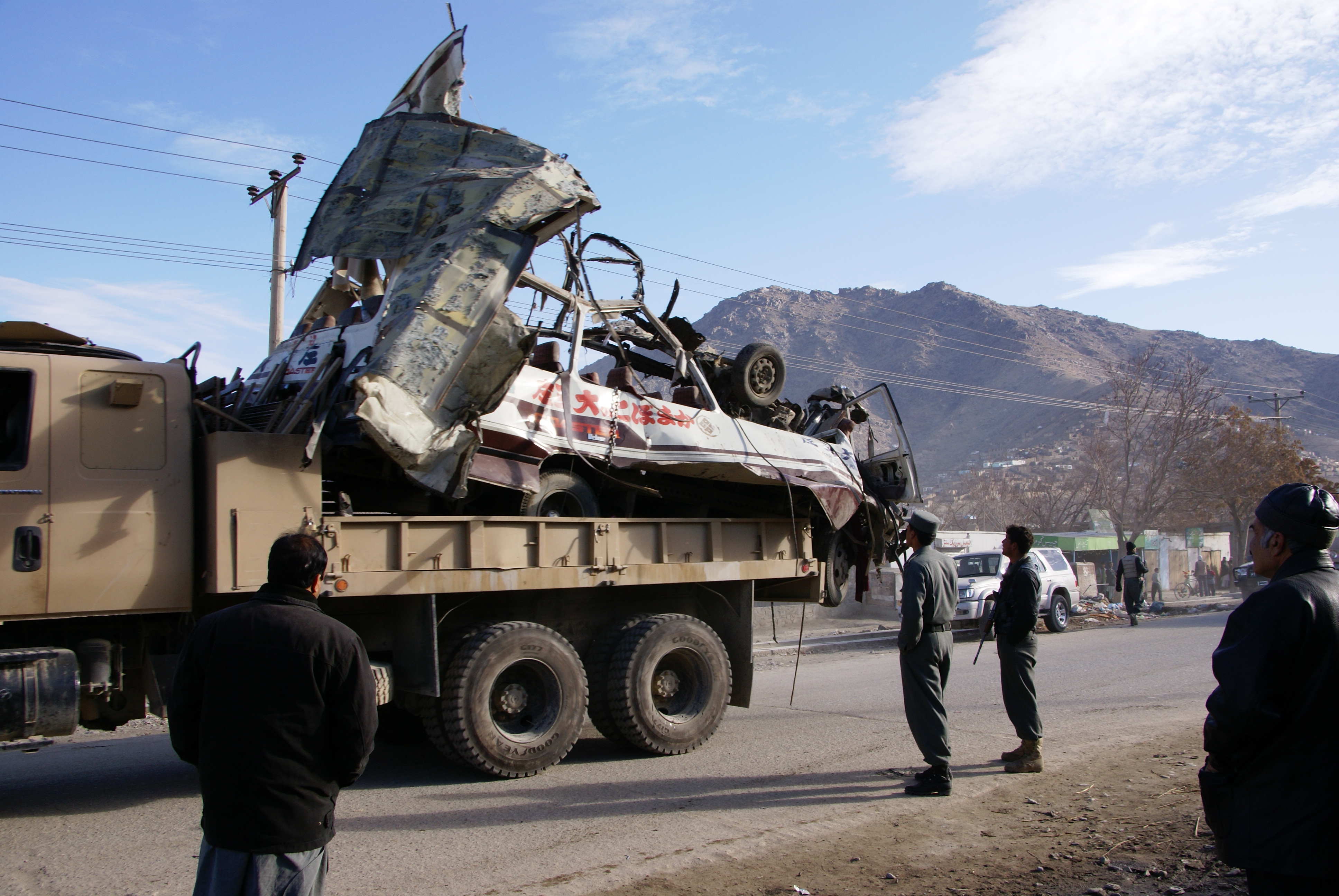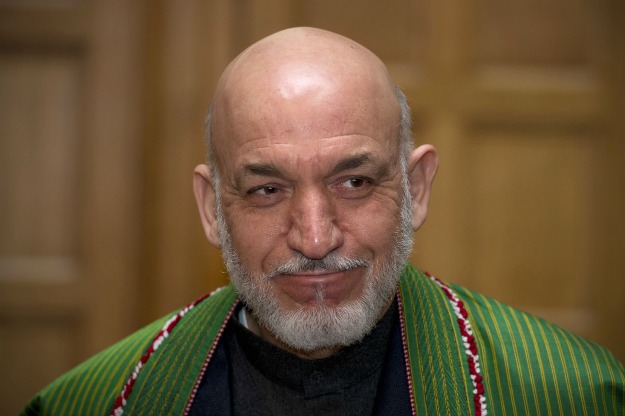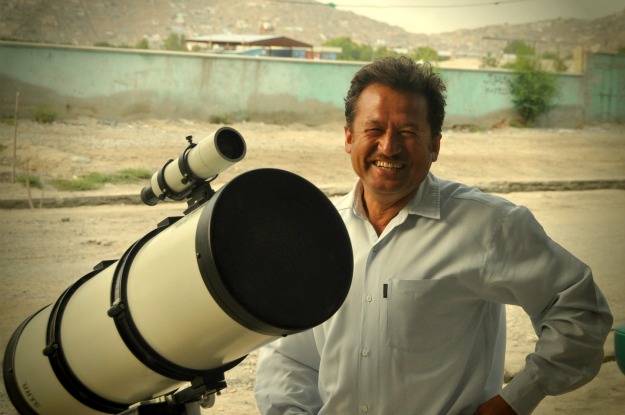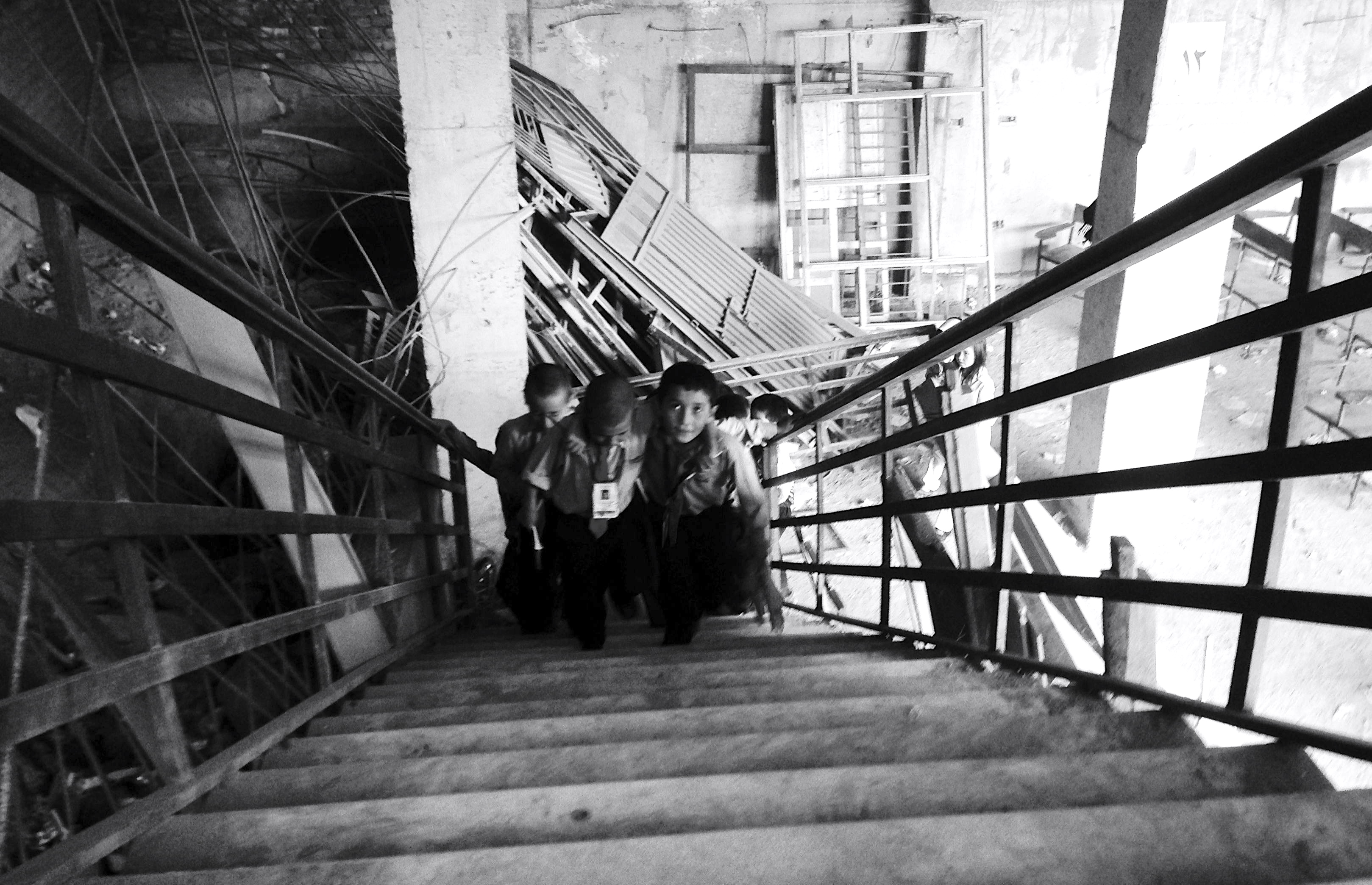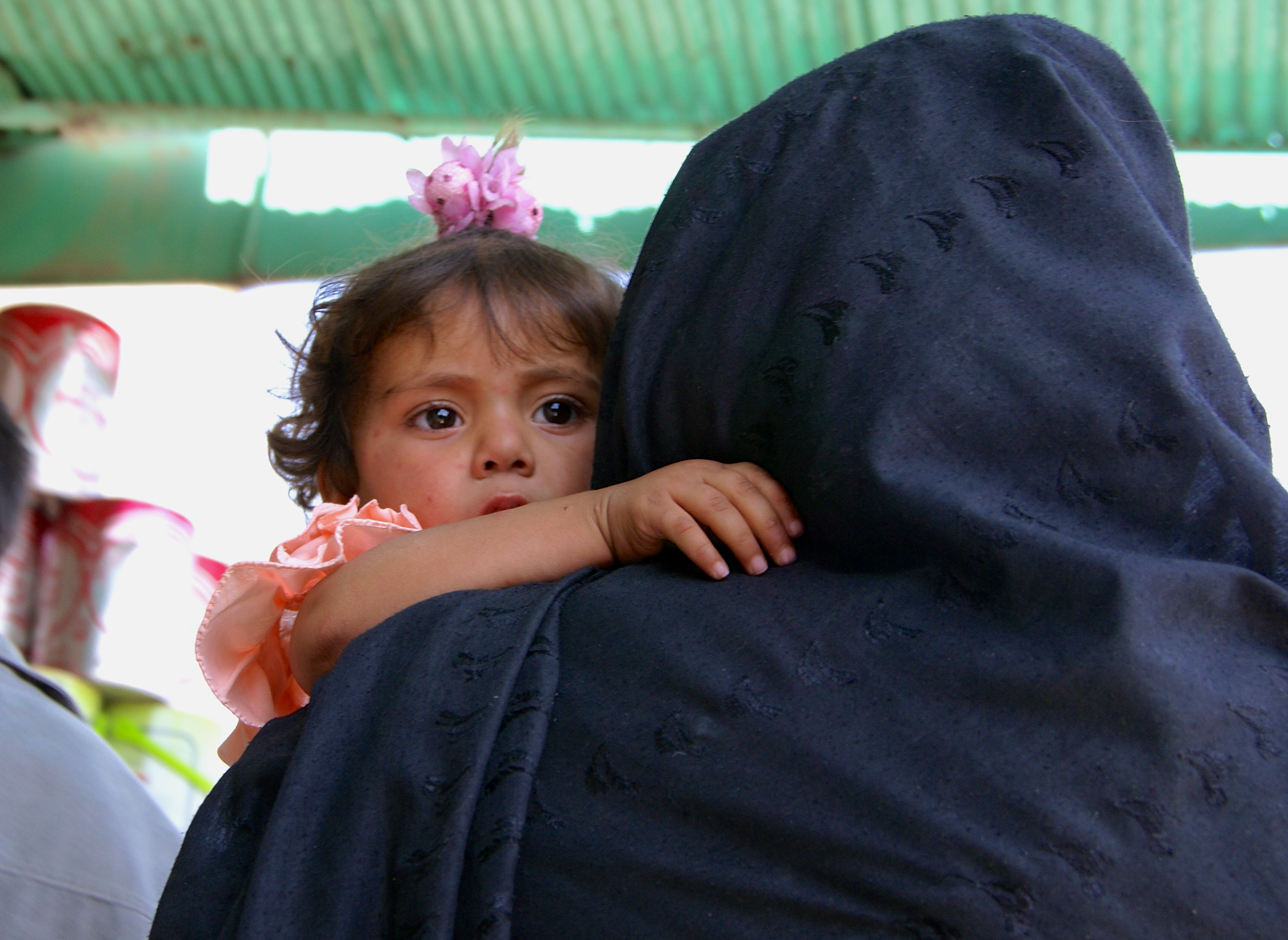
At the height of Operation Enduring Freedom, there were 113,000 foreign troops from 50 different nations in Afghanistan. There were thousands of expatriates in the country, from NGO workers to parliamentary advisors, to capacity builders of various stripe. Save for some in the most remote corners of the country, it has been impossible to be Afghan and not feel the international presence in daily life.
For many women, it has been a period of relative freedom and empowerment; for minorities, a period of opportunity; for businesses, a windfall as billions of dollars flowed into the country from foreigners giving out aid money, assigning contracts and inflating the cost of real estate.
Now it comes to an end. President Obama has pledged that by December, "Our war in Afghanistan will be over." The U.S. military is withdrawing and other armies are close behind. The NATO mission is set to conclude one year later, in December 2014.
In "Afghanistan: On its Own, " Jeffrey Stern explores the legacy of this war by chronicling how it ends. He shows how Afghanistan's vulnerable groups—women, minorities, youth, businesses dependent on the foreign presence—are preparing for an Afghanistan after the withdrawal.

